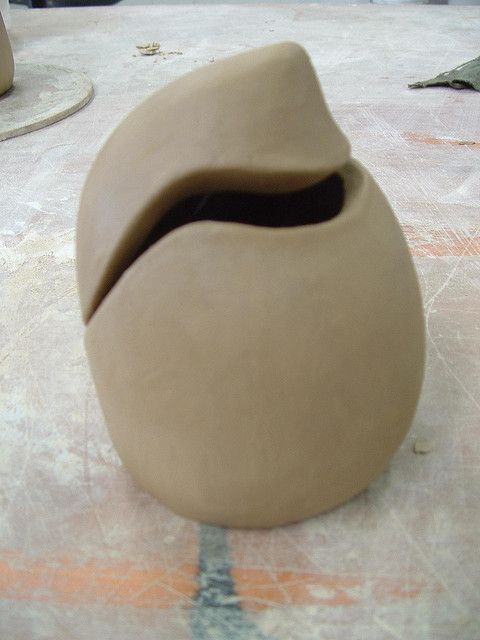Clay can be thought of in terms of geological raw material which is the foundation product for the firing in the kiln which produces terra cotta and ceramics.
Difference between ceramic and clay pot.
Most often the precursor rock is a type of granite.
Glazes clay etc is more of a blanket term and can be a ceramic sculptor and can also make pots they re fairly interchangeable though some prefer to be called a potter or a ceramicist.
All clay is a ceramic material but there are other ceramic materials as well.
Well here we ll talk about the difference between a ceramic and clay kiln and which one you should go for based on what you re trying to fire.
Typically terra cotta objects may be made of any types of organic clay but earthenware clay has the brown orange color that is also known as terra cotta.
Each type of flower pot has advantages and disadvantages.
The commercially popular clay pot cooking sets are nowhere close to this one.
Ceramic pottery pieces are often made of a strong mix of natural clay water and a few organic materials meanwhile porcelain pieces are known to be made of a light mix of clay a lot of kaolin silica quartz feldspar and various other materials.
Clay is a type of ceramic but not all ceramics are made of clay.
For example clay has chemically bonded water in it which will cause it to slake down disintegrate when a dried clay object is put in water.
That should give us a clue.
Difference between a ceramic and when choosing a kiln you might wonder if the option of going with ceramic of clay kiln might be better.
The major difference between ceramic pottery and porcelain is the composition.
These go through a mechanized manufacturing process which necessarily uses chemicals.
The word terra cotta itself means baked earth in italian.
They are also coated with chemical glazes and enamels.
Pottery is made by potters aka ceramicists who mostly create utilitarian objects pots etc.
I have a bfa in ceramics my professors explained the difference as.
Clay is created by the by the chemical weathering and geothermal alteration of igneous rocks into hydrous aluminium phyllosilicates.
Clay and ceramic are often used to describe different materials for making pottery.
Some gardeners love plastic pots others will only use ceramic or clay.
The other two words are an matter of subculture and semantics.
Ceramics using all the same materials.
The debate regarding plastic versus ceramic pots is long standing.
Clay is a natural material that comes from the ground and ceramics are various materials that harden when heated including clay.
Once heated fired to between 660 and 1470 f 350 and 800 c the clay is converted to ceramic and will never dissolve again.




























